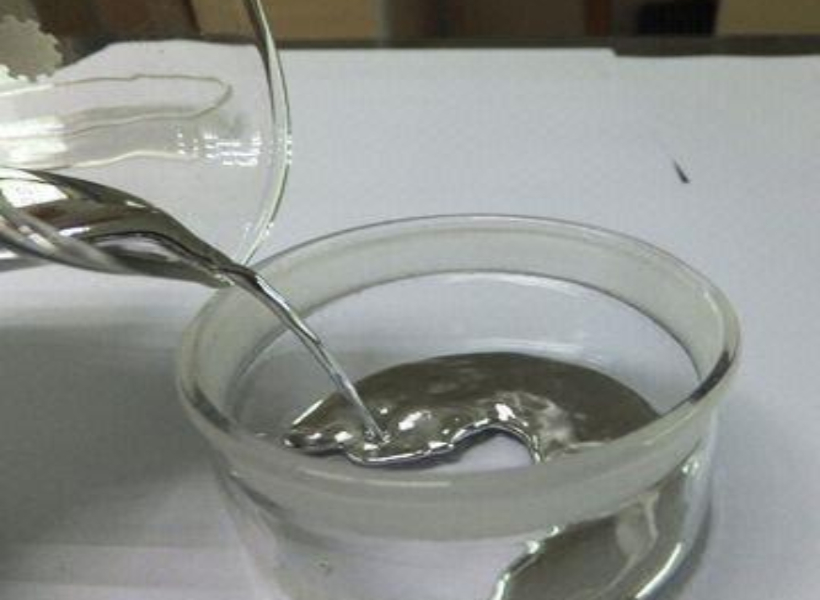By Suraj Narine
Next week, the Ministry of Natural Resources (MNR), through the Geology and Mines Commission (GGMC), will be signing a Memorandum of Understanding (MOU) with the Pesticides and Toxic Chemicals Control Board (PTCCB) and the Environmental Protection Agency (EPA) to strengthen protocols governing the importation of mercury.
According to Natural Resources Minister Raphael Trotman, this pact will be in keeping with commitments made by President David Granger in 2017 for the phasing out/eradication of mercury use in signatories. At the time, President Granger was speaking at the first Conference of Parties (COP1) of the Minamata Convention held in Switzerland.
President Granger was quoted by the Guyana Chronicle as saying, “Mercury is not a plaything; it is harmful to human health and to the physical environment, whether in the air, on land, or in water. The use of mercury in human products and processes is a threat to human health and the environment.”
Yesterday, Trotman said that the “strong” commitments given by President Granger serve as the impetus for the importation of the chemical to be brought closer under the microscope.
In the meantime, the government has been working out protocols dealing with not only importation but also storage and usage.
He explained that for mercury to be imported into the country, permission must be granted. This mechanism is in place to ensure that the chemical is not brought into the country haphazardly and in large quantities. He referred to a request that was denied last year for the importation of a large quantity of the chemical element.
“We have been receiving requests for [the] importation of mercury. Just last year, I refused to give permission for 30,000 kilogrammes of mercury to be imported from Mexico [and] that’s [just] one importer [and] there are multiple importers. I was wondering what would one want with 30,000 kilogrammes of mercury.”
Minister Trotman explained that the ministry is getting a much “better sense” of the quantities of mercury coming in, from where the chemical is coming, and how it is being stored. This, he said, is as a result of constant monitoring of stock and the initiation of a quota system.
“[We] will have to account for quota allotted to each person, how it is being disposed of, and to which miner or miners it was distributed to,” he said.
Quizzed whether he would have “rejected” any other requests post-2017, Minister Trotman replied, “I won’t say rejected but certainly we have not made it easy. In some cases, we have not granted permission for the quantities asked for.”
According to the United Nations (UN) Minamata Convention on Mercury document (http://www.mercuryconvention.org/Convention/Text), the Minamata Convention on Mercury is a global treaty to protect human health and the environment from the adverse effects of mercury. It was agreed at the fifth session of the Intergovernmental Negotiating Committee on mercury in Geneva, Switzerland on January 19, 2013 and adopted later that year on October 10, 2013 at a Diplomatic Conference (Conference of Plenipotentiaries), held in Kumamoto, Japan.
The Convention draws attention to a global and ubiquitous metal that, while naturally occurring, has broad uses in everyday objects and is released to the atmosphere, soil, and water from a variety of sources.
Major highlights of the Minamata Convention include a ban on new mercury mines, the phase-out of existing ones, the phase-out and phase-down of mercury use in a number of products and processes, control measures on emissions to air and on releases to land and water, and the regulation of the informal sector of artisanal and small-scale gold mining. The Convention also addresses interim storage of mercury and its disposal once it becomes waste, sites contaminated by mercury, and health issues.
According to the World Health Organization (WHO), exposure to mercury – even small amounts – may cause serious health problems and is a threat to the development of the child in utero and early in life. Mercury may have toxic effects on the nervous, digestive, and immune systems, and on lungs, kidneys, skin, and eyes. Mercury is considered by WHO as one of the top ten chemicals or groups of chemicals of major public health concern.













